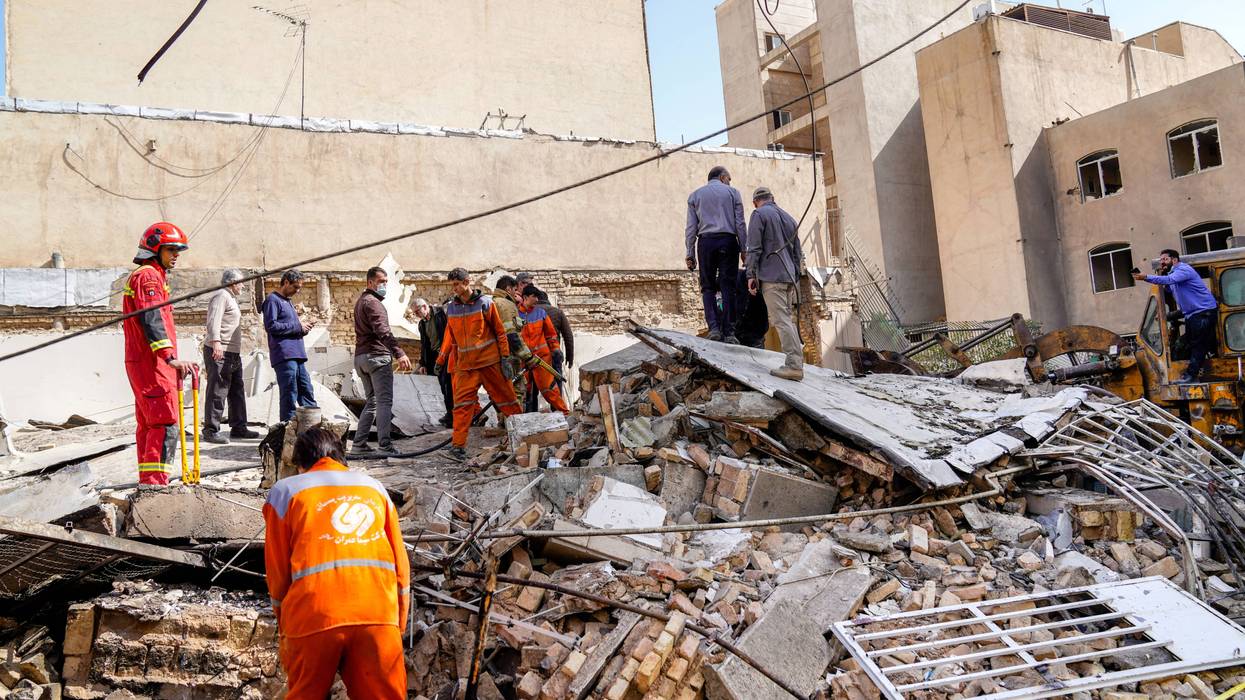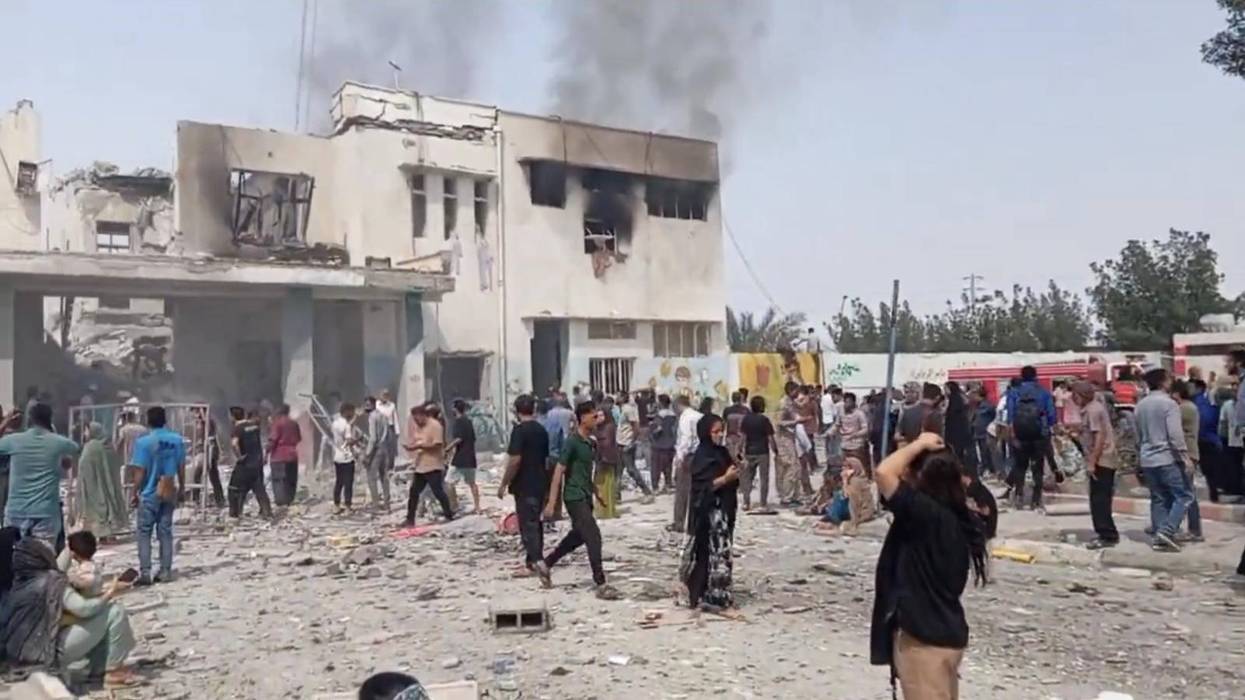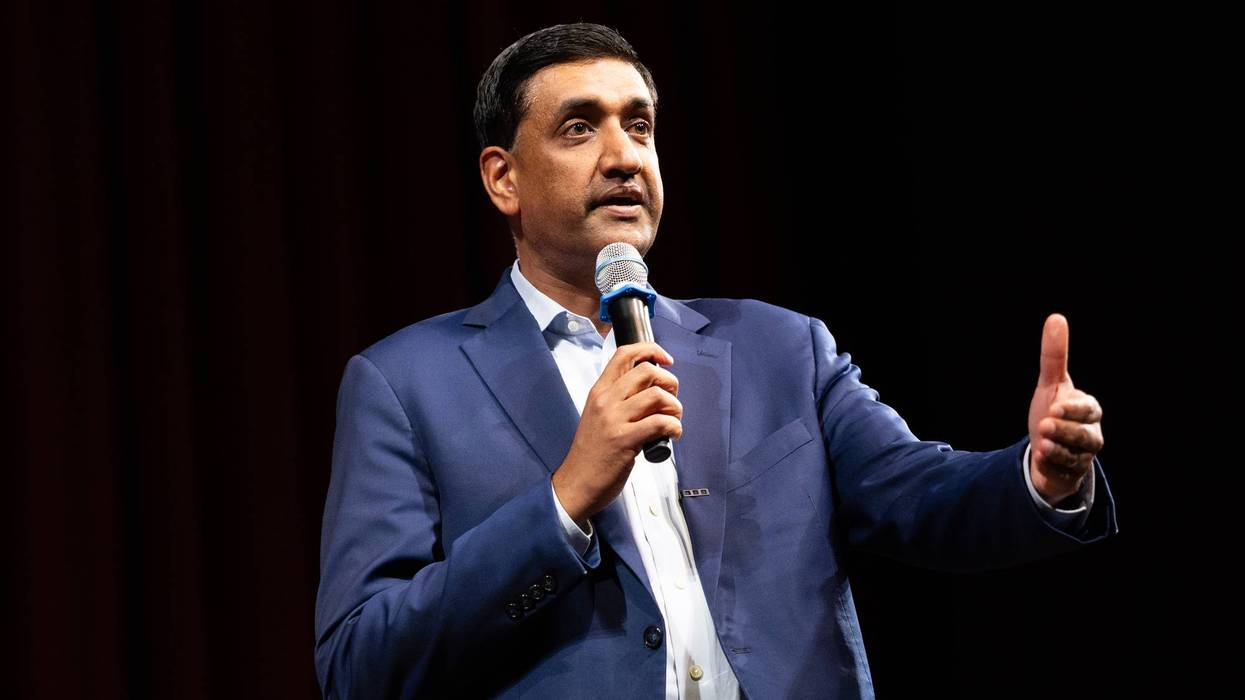October, 22 2015, 12:30pm EDT

UN Report: Protect Public Disclosures of Wrongdoing
Governments and international institutions should do more to protect whistleblowers and confidential sources by adopting the recommendations in a new United Nations expert report, Human Rights Watch said today. David Kaye, the UN's specialist on freedom of expression and access to information, presents his path-breaking report to the Third Committee of the UN General Assembly on October 22, 2015.
WASHINGTON
Governments and international institutions should do more to protect whistleblowers and confidential sources by adopting the recommendations in a new United Nations expert report, Human Rights Watch said today. David Kaye, the UN's specialist on freedom of expression and access to information, presents his path-breaking report to the Third Committee of the UN General Assembly on October 22, 2015. It emphasizes that when those who divulge important facts are exposed to retaliation, the public suffers, as well as the individual.
"Disclosing secrets to the public is sometimes the only effective way to put an end to human rights abuses and hold those responsible to account," said Dinah PoKempner, general counsel at Human Rights Watch. "The Kaye report applies well-established human rights standards to a practice that many in government prefer to punish than encourage."
Those who break ranks to expose wrongdoing are often stigmatized, but they should be valued as a "fail safe" when there is no other way to alert the public, said Kaye. Whistleblowers Edward Snowden and Kathryn Bolkovac discussed the backlash they faced in trying to expose problems like mass surveillance or sex trafficking during peacekeeping missions in a video produced by Human Rights Watch. If governments would adopt the report's recommendations, the difference for whistleblowers would be "like night and day," Snowden said.
Governments should actively encourage disclosure in the public interest, the report says.
"Whenever the confidentiality of sources is compromised, whenever whistleblowers lack protection, we find that information simply doesn't get to the public," Kaye told Human Rights Watch. "What that means is in very concrete ways that we lose really full and robust public debate that's based on genuine equal access to information between government, and individuals, and activists, and others. It means a lack of accountability when there's wrongdoing, or unlawfulness that's committed by government."
The report notes that government surveillance and bans on encryptions and anonymity chill the willingness of sources and whistleblowers to come forward. A 2014 Human Rights Watch report documented this problem for journalists and lawyers.
Key features of the report include:
Public disclosure is often necessary
While internal channels can be an appropriate way for whistleblowers to express their concerns, the report observes that they are not always enough. Internal processes can leave whistleblowers unprotected from retaliation or fail to correct wrongdoing. The report stresses that where threats to a public interest are urgent or severe, such as violations of basic rights, public disclosure could be justified even if there are potentially effective internal channels.
Bolkovac, a police trainer who was subcontracted to the UN in Bosnia, revealed sex trafficking that implicated members of the UN police and was fired by her employer; her story was the subject of the film, The Whistleblower. "Protocols do exist on paper, especially within the United Nations, but the reality of implementing that on the ground or in the field is completely different," Bolkovac told Human Rights Watch. "There were just so many levels and various steps and groups to work through, that it became almost impossible to report wrongdoing."
Standards Apply to the UN and National Security Agencies
Whistleblowing in the national security context, or at international organizations such as the UN, should be protected under the same principles, the report says. There may be circumstances where an institution has a legitimate interest in keeping specific information secret - but avoiding embarrassment, hiding itself from view, or concealing wrongdoing are never acceptable reasons to punish or prohibit disclosures. Kaye told Human Rights Watch that organizations should not use terms like "national security" or "public order" as "a blanket way of preventing disclosure of information that's in the public interest."
Under the United States Espionage Act, which has been invoked by the Obama administration more often than by any previous administration, no consideration can be given to whether an unauthorized disclosure of classified materials might be justified in the public interest. Snowden, a former US National Security Agency (NSA) contractor whose revelations of mass surveillance programs sparked global debate and US reform efforts, exposed secret orders by the closed Foreign Intelligence Surveillance Court, lies to Congress, and sweeping programs whose scope was unknown to most legislators. Snowden told Human Rights Watch, "There's always a danger in allowing any government, any state, or any organization more broadly, to declare an entire category of information beyond the reach of public hands."
Government Bears the Burden of Justifying Non-Disclosure
The report stresses that the government in all situations carries the burden of showing that public disclosure threatens a specific harm to a legitimate state interest that overrides the public's interest in knowing the information. It is not enough to simply assert that disclosure of secrets will harm national security generally.
Even where the government can show harm that overrides the public's interest in a whistleblower's disclosure, it should not impose disproportionate punishments, said Kaye. Such penalties harm not only the whistleblower but the public, because they deter valid disclosures as well.
Prevent Retaliation to Avoid Stifling Whistleblowers
Whistleblowers often live under a heavy stigma, and face professional retaliation as well as legal threats. "I'm quite sure that I've been turned down for various positions throughout the years because of my whistle-blowing, so that really does kind of stymie your career and put a real damper on what you do with the rest of your life once you come forward with this," Bolkovac told Human Rights Watch.
The report strongly urges that states punish retaliation against whistleblowers, to avoid discouraging future disclosures of wrongdoing. Snowden agreed. "If we structure our societies in such a way that people reporting wrongdoing of the most serious nature have to basically stand up and light themselves on fire, we are very quickly going to find ourselves out of volunteers the very moment when society needs them the most."
Human Rights Watch is one of the world's leading independent organizations dedicated to defending and protecting human rights. By focusing international attention where human rights are violated, we give voice to the oppressed and hold oppressors accountable for their crimes. Our rigorous, objective investigations and strategic, targeted advocacy build intense pressure for action and raise the cost of human rights abuse. For 30 years, Human Rights Watch has worked tenaciously to lay the legal and moral groundwork for deep-rooted change and has fought to bring greater justice and security to people around the world.
LATEST NEWS
Trump Says Bombing of Iran to Continue 'Uninterrupted' After Reported Killing of Supreme Leader
"For Iranians already suffering under repression, sanctions, and economic hardship, this escalation will mean only more pain," said the president of the National Iranian American Council.
Feb 28, 2026
US President Donald Trump and Israeli officials claimed Iran's supreme leader, 86-year-old Ali Khamenei, was killed in an airstrike on Saturday, along with other senior Iranian figures.
The US and Israeli militaries targeted Khamenei and other Iranian leaders with their opening barrage of strikes, part of an operation that was reportedly planned for months—with the launch date decided weeks ago—even as Trump claimed to be open to a diplomatic off-ramp. NPR, citing an anonymous source, reported that an Israeli strike killed Khamenei.
Trump made clear that Khamenei's alleged killing, which the Iranian government has not confirmed, would not stop the deadly military onslaught, which the US president launched in coordination with Israel without authorization from Congress and in clear violation of international law. The US president said explicitly in remarks early Saturday that his goal was to topple the Iranian government—something that analysts stressed is not synonymous with assassinating the supreme leader.
In a Truth Social post, Trump wrote that "heavy and pinpoint bombing... will continue, uninterrupted throughout the week or, as long as necessary to achieve our objective of PEACE THROUGHOUT THE MIDDLE EAST AND, INDEED, THE WORLD!"
Iran has responded to the US and Israeli assault with drone and missile attacks on Israel and American military bases across the Middle East. The US Central Command said in a statement that there have not yet been any reports of American casualties and that "damage to US installations was minimal."
In Iran, more than 200 people have been killed by US-Israeli airstrikes and around 700 others injured, according to the Iranian Red Crescent, a toll that's sure to grow in the coming days as rescue workers search through rubble. More than 80 people—mostly young children—were killed in an Israeli strike on a school in southern Iran.
Jamal Abdi, president of the National Iranian American Council, said in a statement that "for Iranians already suffering under repression, sanctions, and economic hardship, this escalation will mean only more pain."
“Bombing Tehran will not bring security. It will endanger civilians, place US service members at risk, empower the most repressive and violent elements inside Iran, and destabilize the region for years to come," said Abdi. "Congress must act immediately to reassert its constitutional authority and halt further escalation. The pending War Powers resolutions must come to a vote without delay. Lawmakers must make clear that there is no authorization for war with Iran."
Keep ReadingShow Less
'More Horrific Death and Destruction Will Come,' Warns Tlaib as Israeli Strike Kills Dozens of Iranian Kids
"These acts of war threaten to ignite a catastrophic regional war that will make no one safer while unleashing unconscionable suffering," said US Rep. Rashida Tlaib.
Feb 28, 2026
More than 50 young children were reportedly killed Saturday by an Israeli airstrike on southern Iran as the US and Israel carried out joint attacks across the country. A local official told Iranian state media that "an Israeli missile attack" hit a girls' elementary school in Minab.
Saturday is a school day in Iran. A school staff member told Middle East Eye that "you could hear the sound of children crying and screaming" following the strike.
“We still don’t know how many are under the rubble," said the unnamed staffer. "Some are even saying more than 100. Some of these small children are severely injured. Their parents have come to the school, and this place has turned into a house of mourning.”
Iranian media now report 40 killed and 48 students injured following the strike on a girls’ elementary school in Minab, as rescue and recovery efforts continue. https://t.co/kCR6Gagvip pic.twitter.com/faBFkgFn3D
— Ali Hashem علي هاشم (@Alihashem) February 28, 2026
Iranian Foreign Minister Abbas Araghchi wrote on social media that the school "was bombed in broad daylight, when packed with young pupils."
"Dozens of innocent children have been murdered at this site alone," he added. "These crimes against the Iranian people will not go unanswered."
Al Jazeera noted that "separately, Iran’s Mehr news agency reported that at least two students were killed by another Israeli attack that hit a school east of the capital, Tehran."
“Every war is a war on children," said Inger Ashing, CEO of the global humanitarian group Save the Children. "All children have the right to access a safe education, and schools should always be a haven for children—not a battlefield."
In a statement, US Rep. Rashida Tlaib (D-Mich.) alluded to the Minab school bombing as she condemned President Donald Trump for "acting on the violent fantasies of the American political elite and the Israeli apartheid government, ignoring the vast majority of Americans who say loud and clear: No More Wars."
"The Trump administration and Israeli regime’s illegal war of aggression on Iran has already killed dozens of children, and more horrific death and destruction will come," Tlaib warned. "These acts of war threaten to ignite a catastrophic regional war that will make no one safer while unleashing unconscionable suffering."
“President Trump will pretend this is about democracy and the rights of the Iranian people," she continued. "Don’t be fooled, Trump does not care about the Iranian people. The Iranian people are not pawns for the interests of foreign powers. Our government has imposed brutal sanctions that have destroyed the Iranian economy and the lives and livelihoods of millions of people. You cannot ‘free’ people by killing them and destroying their country."
Tlaib issued her statement shortly after Trump declared in a Washington Post interview that he decided to wage war on Iran to secure "freedom for the people." As of this writing, the White House has not responded to the Minab school massacre. (Update: A spokesperson for the US Central Command said in a statement that "we are aware of reports concerning civilian harm resulting from ongoing military operations. We take these reports seriously and are looking into them. The protection of civilians is of utmost importance, and we will continue to take all precautions available to minimize the risk of unintended harm.")
"I want a safe nation, and that’s what we’re going to have," Trump said as the US-Israeli onslaught hurled the Middle East into chaos.
Tlaib said in her statement that the US Congress "must stop the bloodshed by immediately reconvening to exert its war powers and stop this deranged president."
"But let’s be clear: Warmongering politicians from both parties support this illegal war, and it will take a mass anti-war movement to stop it," she added.
Keep ReadingShow Less
Demanding Action From Congress, Khanna Says 'The American People Are Tired of Regime Change Wars'
"We don't want to be at war with a country of 90 million people in the Middle East," said Democratic US Rep. Ro Khanna.
Feb 28, 2026
US Rep. Ro Khanna on Saturday demanded swift action from Congress to stop the Trump administration's unauthorized military assault on Iran, saying in a video posted to social media that "the American people are tired of regime change wars that cost us billions of dollars and risk our lives."
"We don't want to be at war with a country of 90 million people in the Middle East," said Khanna (D-Calif.), calling on Congress to reconvene for a vote on Monday.
"Every member of Congress should go on record today on how they will vote on Thomas Massie and my War Powers resolution," Khanna added, referring to the Kentucky Republican who is co-leading the measure.
If passed, the resolution would require the president "to terminate the use of United States Armed Forces from hostilities against the Islamic Republic of Iran or any part of its government or military, unless explicitly authorized by a declaration of war or specific authorization for use of military force against Iran."
The White House reportedly only notified some members of the House and Senate Armed Services Committees after the US-Israeli military assault on Iran began. According to Reuters, an Israeli defense official said that "the operation had been planned for months in coordination with Washington, and that the launch date was decided weeks ago."
Watch Khanna's remarks:
Trump has launched an illegal regime change war in Iran with American lives at risk. Congress must convene on Monday to vote on @RepThomasMassie & my WPR to stop this. Every member of Congress should go on record this weekend on how they will vote. pic.twitter.com/tlRi3Vz849
— Ro Khanna (@RoKhanna) February 28, 2026
Days prior to the US-Israeli attack on Iran, the House Democratic leadership announced it would force a vote next week on the Khanna-Massie War Powers resolution following reports that top Democrats were slowwalking the measure behind closed doors.
Senate Democrats also said they planned to vote next week on a War Powers resolution led by Sens. Tim Kaine of Virginia.
In a statement on Saturday, Kaine called the US attacks on Iran "illegal" and said that "every single senator needs to go on the record about this dangerous, unnecessary, and idiotic action."
“Has President Trump learned nothing from decades of US meddling in Iran and forever wars in the Middle East? Is he too mentally incapacitated to realize that we had a diplomatic agreement with Iran that was keeping its nuclear program in check, until he ripped it up during his first term?" Kaine asked. "These strikes are a colossal mistake, and I pray they do not cost our sons and daughters in uniform and at embassies throughout the region their lives. The Senate should immediately return to session and vote on my War Powers resolution."
The chances of a War Powers resolution getting through the Republican-controlled Congress are virtually nonexistent, even though the American public overwhelmingly opposes US military action against Iran. Senate Majority Leader John Thune (R-SD) and House Speaker Mike Johnson (R-La.) both issued statements applauding Trump for the unauthorized Saturday attacks.
Cavan Kharrazian, senior policy adviser to the advocacy group Demand Progress, said that "Trump has no authority to launch another war on his own."
"The Constitution is clear. The need for a War Powers resolution is clear. Congress decides when this country goes to war, not the president," said Kharrazian. "Next week, every member of Congress will have to choose. Side with illegal, endless war, or side with the American people and reject yet another regime change war in the Middle East. Like with Iraq, the choice they make will echo loudly for years to come.”
Keep ReadingShow Less
Most Popular



